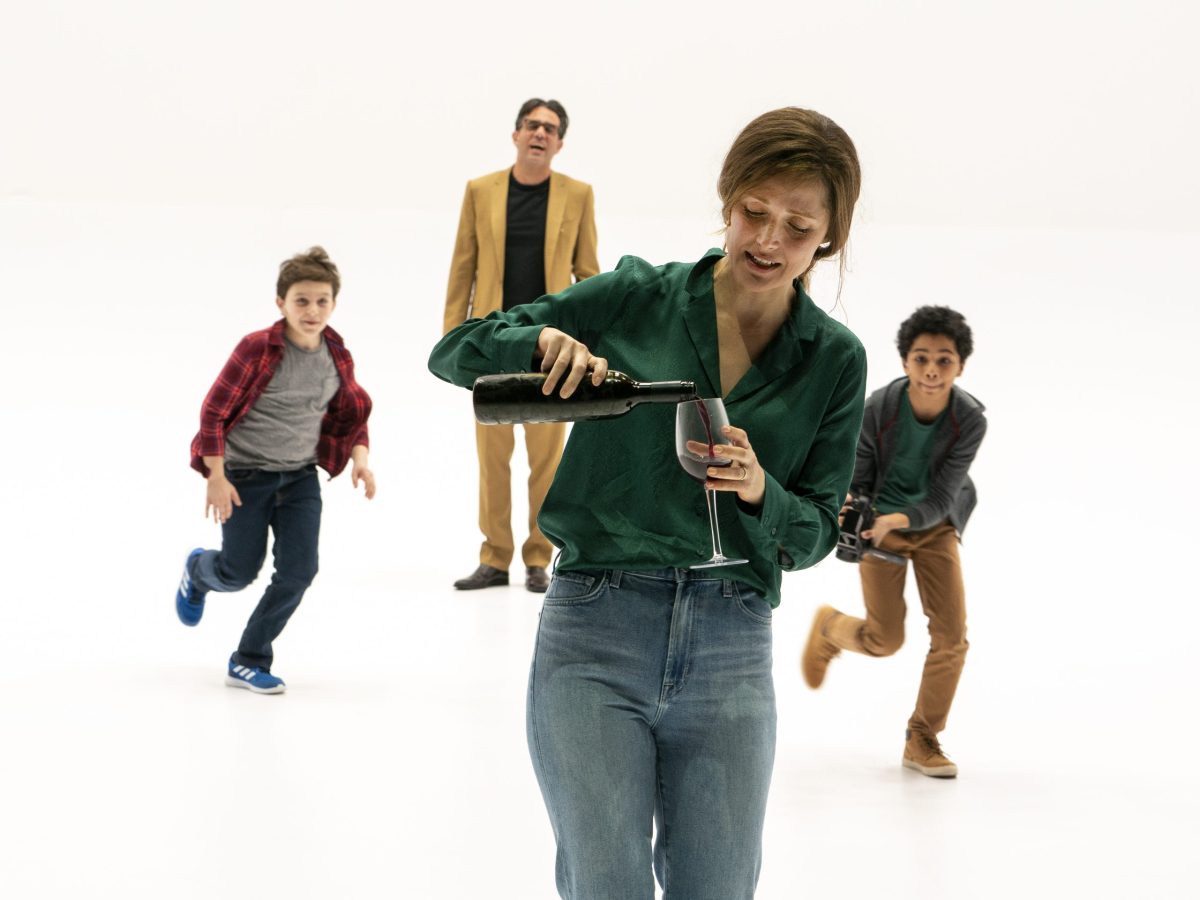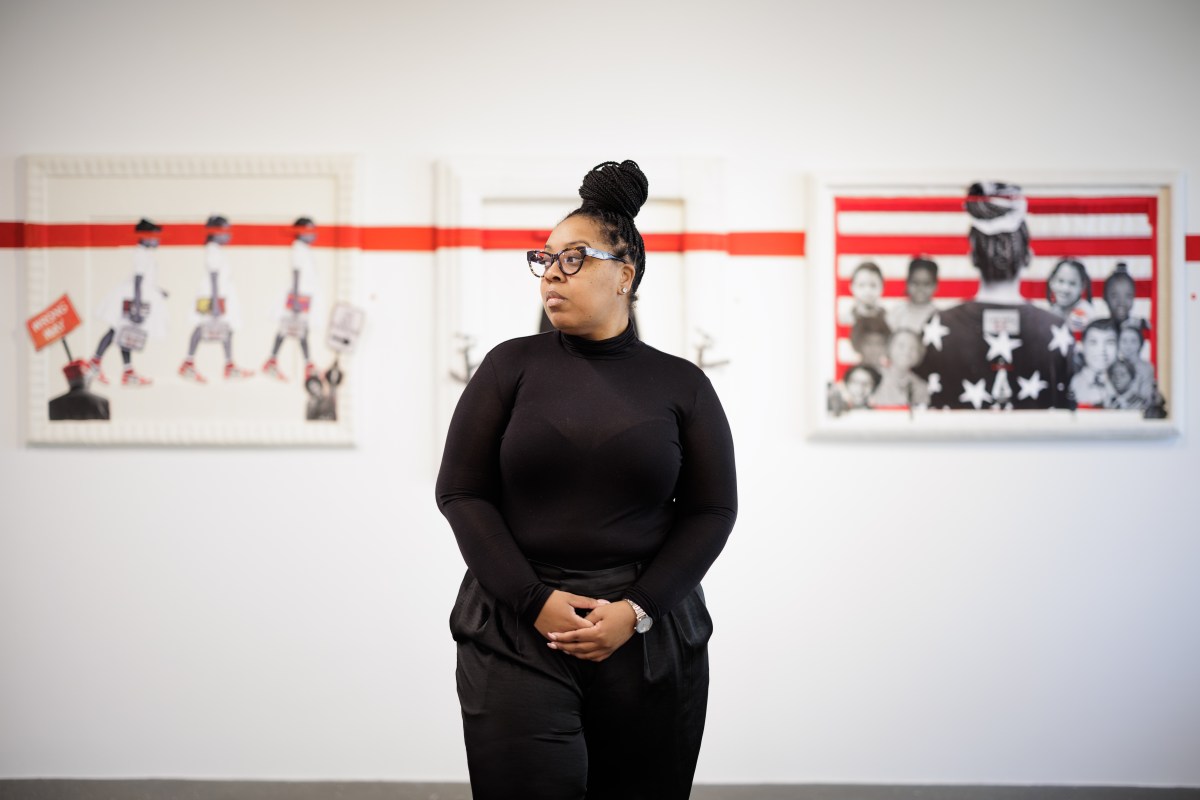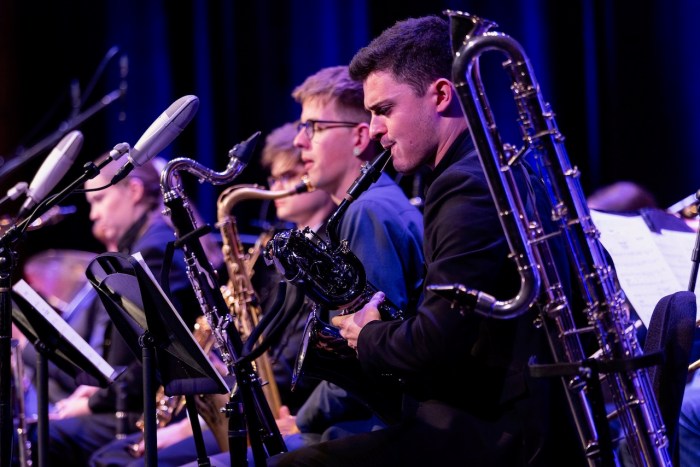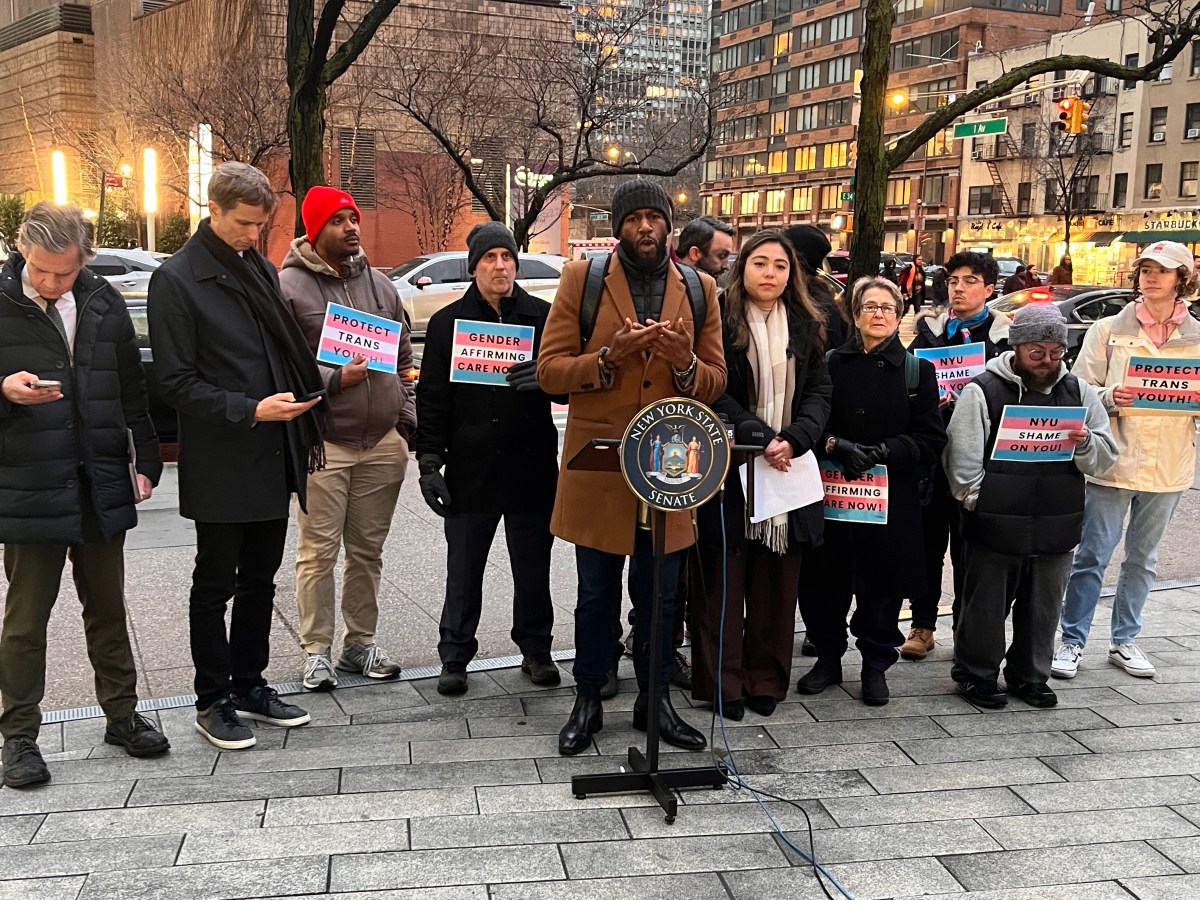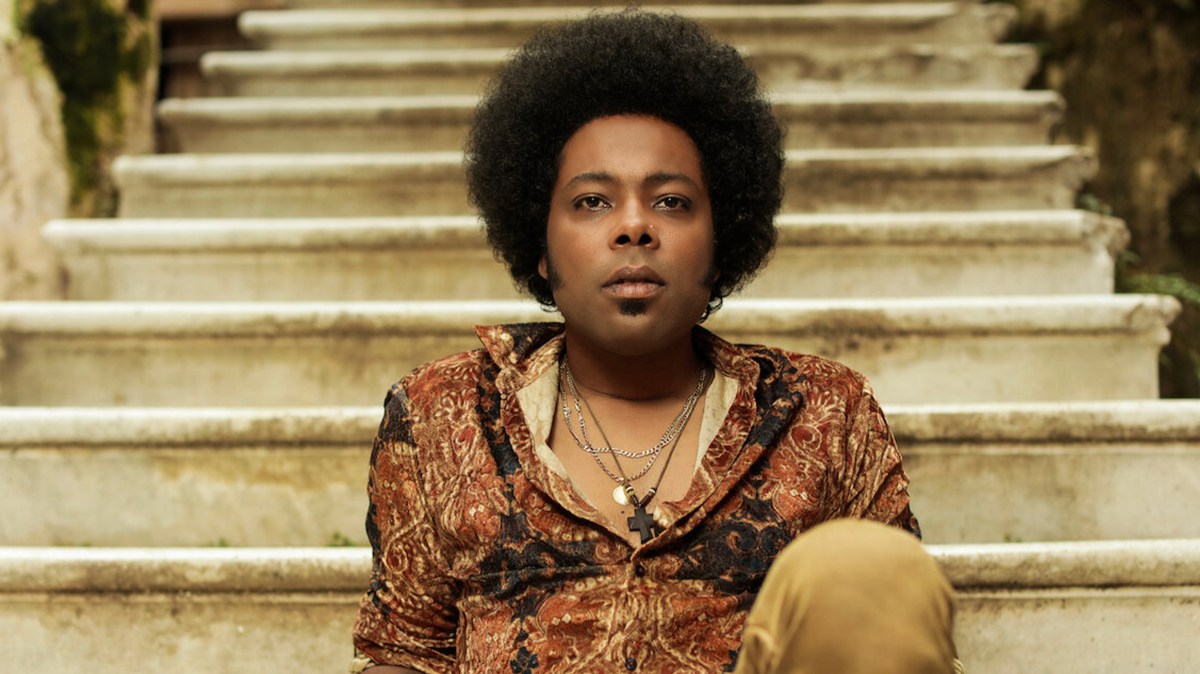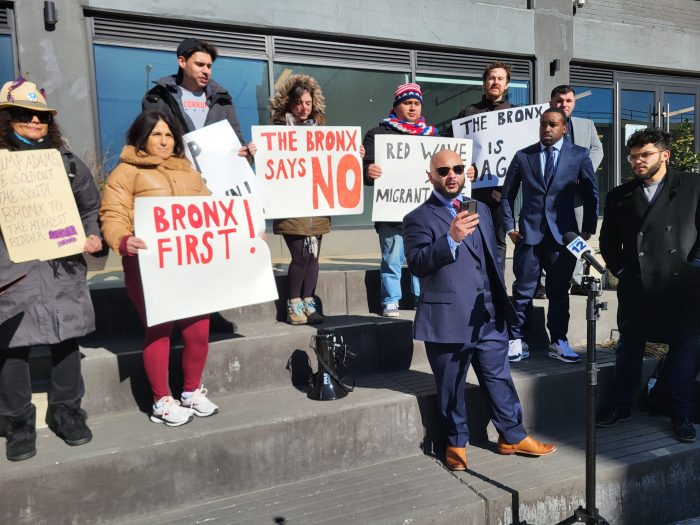Be careful not to confuse “Medea,” the ancient Greek tragedy by Euripides, with the new “Medea” written by Australian playwright-director Simon Stone “after Euripides,” which is now receiving its U.S. premiere at the Brooklyn Academy of Music, starring real-life couple Rose Byrne and Bobby Cannavale as a most unfortunate fictional couple.
Whereas Euripides’ “Medea” has long monologues, a chanting chorus and a destructive female protagonist who knows how to perform witchcraft, Stone’s “Medea” reinvents the same characters for the current day, with colloquial language, special effects and a destructive female protagonist who knows how to make poison.
It is similar to Stone’s “Yerma,” based on Federico García Lorca’s 1934 Spanish-language drama of the same name, which played the Park Avenue Armory two years ago. This is distinct from the common practice (especially with Shakespeare plays) of faithfully performing a classic text as written while setting it in the present day in order to give it a modern edge.
As in the original “Medea,” a man intends to divorce his wife and marry a younger and wealthier woman, which leaves his wife (who is also the mother of their two sons) feeling scorned, desperate and unstable.
But rather than Medea and Jason, Byrne and Cannavale’s characters are named Anna and Lucas. They are both research scientists at a pharmaceutical company.
Creon, the political leader who threatens to exile Medea from the city of Corinth, has been replaced by Christopher (Dylan Baker), the company boss and the father of Lucas’ fiancée.
According to program notes, Stone interprets “Medea” as a “warning…of what happens if we isolate and marginalize women at vulnerable moments of their lives.” He brings up a real-life incident from 1995 involving a woman who committed murderous acts similar to those of Medea. And at one point in the play, Lorena Bobbitt is brought up.
Visually, the stage resembles a bright white box that has been split apart. At the center is a video screen, from which Byrne is seen in extreme close-ups taken from live filming. Later on, pieces of ash slowly rain down, forming a pile – which goes unexplained until the bitter end.
Byrne, who generally appears beautiful and glamorous onscreen, gives a raw and intense performance that conveys Anna’s tumultuous change in temperament, from shaken up and helpless to dangerous and defiant. Cannavale, on the other hand, purposely underplays Lucas, who is depicted as passive and lacking in control.
Stone’s “Medea” (which runs 80 minutes without an intermission) will probably receive mixed reactions from audience members. While some may be turned off by its experimental touches and implausible plot twists (for instance, Lucas sleeps with Anna in exchange for her consenting to a divorce), I found it to be a provocative and engrossing domestic thriller, with occasional humor and an underlying plea for society at large to have more empathy and compassion.
3 stars
“Medea” runs at the Harvey Theater at Brooklyn Academy of Music through March 8. 651 Fulton St., Brooklyn, bam.org.



